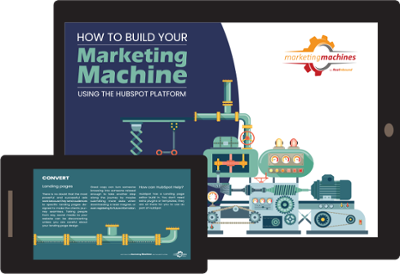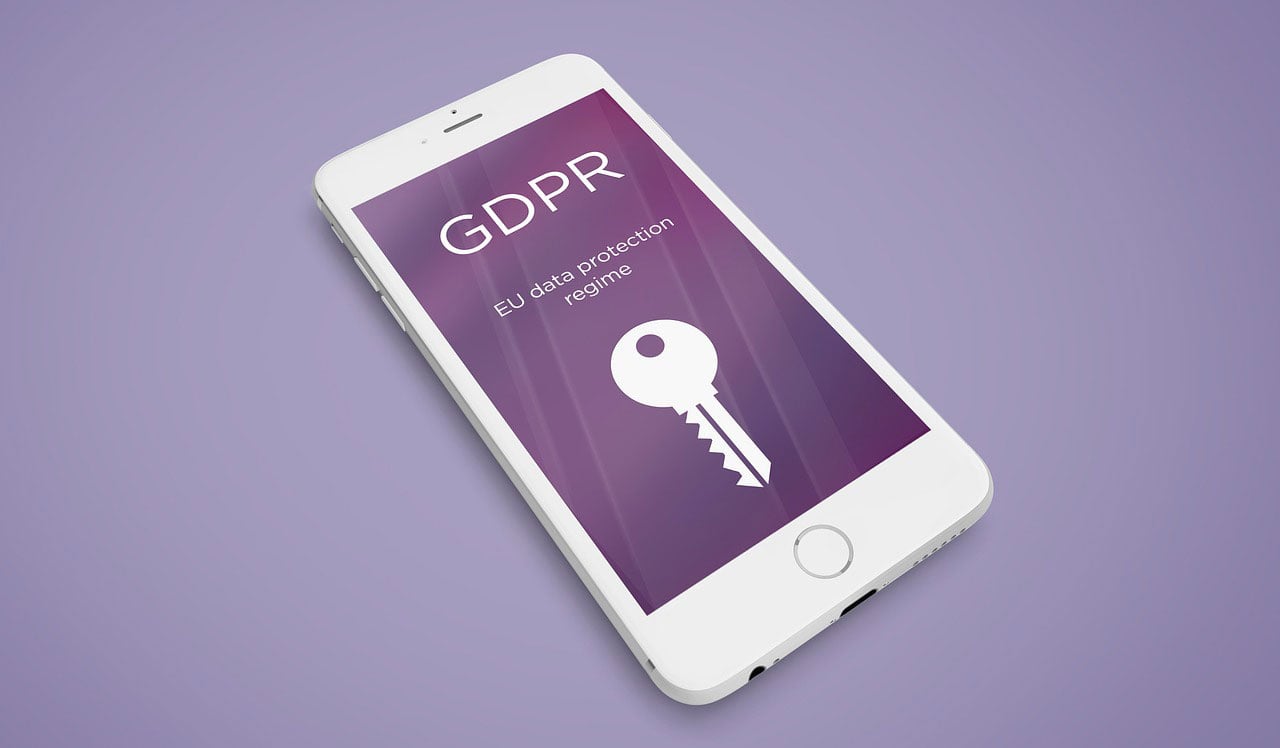Organisations like yours are sitting on a wealth of data that could be used to unlock new capabilities and drive business value. However, without the right tools and expertise, this data can be difficult to access and use effectively.
HubSpot CRM is a powerful tool that can help users manage their customer relationships more effectively. By keeping track of customer contact information, interactions, and communications, users can more easily follow up with customers and keep them updated on their product or service. Additionally, the CRM can help users create more targeted marketing campaigns and better understand their customers' needs and wants. Ultimately, HubSpot CRM can help users improve their customer relationships, resulting in more sales and satisfaction. With HubSpot, you can discover new insights that can help you to improve your business operations, make better decisions and drive growth.
As a HubSpot customer, you have access to a wealth of data that can be used to improve your marketing and sales efforts. By leveraging the customer data stored in the HubSpot CRM, you can segment your audience, create targeted campaigns, and track results to see what's working and what's not.
In order to get the most out of your customer data, it's important to first understand what data is available and how it can be used. The HubSpot CRM stores a variety of data points, including contact information, communication history, and activity data. This data can be used to create targeted marketing lists, track engagement levels, and measure conversions. By leveraging the customer data stored in the HubSpot CRM, you can improve your marketing and sales efforts and get the most out of your investment in the HubSpot platform.
Why is customer data so valuable to businesses today, and how can HubSpot help you unlock its full potential? Here's what you need to know.
Customer Data Is Valuable
With precise segmentation and powerful automation, you can create individual customer timelines that show how each contact record engages with your website. This gives you valuable insights into what works and what doesn't so you can adjust your strategies accordingly. Your data is one of your most valuable assets, so it's important to manage it correctly to get the most out of it.
By understanding who your customers are, what they like and don't like, and what they need and want, you can create a marketing and sales strategy that is tailored to their needs. This will not only result in more sales, but also in happier customers who feel like they are being understood and valued. Additionally, having a good understanding of your customer base will allow you to anticipate changes in the market and adapt your business accordingly. In short, customer data is essential to the success of any business.
Here are some examples of how your data is valuable:
- Visualising and predicting past business trends, whether in marketing, revenue forecasting, service volume, etc.
- Identifying the root causes of business problems and diagnosing them accurately
- Analysing complex results using automated dashboards in real-time
- Sending highly specific messages to predefined audiences, such as industry-specific email campaigns or workflows tailored to specific solutions
- Automated conversations and chatbots that streamline the buyer journey or help Sales better qualify potential customers
FAQ: Which Data About Customers Is Most Valuable?
There are many different types of data that companies can collect about their customers. However, not all of this data is equally valuable. Some types of data are more useful for understanding customer behavior and preferences, while other types of data are more useful for marketing and sales purposes.
Some of the most valuable data that companies can collect about their customers include demographic information, purchase history, and web browsing data. This data can help companies to better understand their customers and target them with more relevant and personalised marketing messages. Additionally, this data can help companies to identify trends and patterns in customer behavior, which can be used to make better business decisions.
It's important to make sure that you're inputting customer data correctly and consistently. This might sound like basic information, but you'd be surprised at how many companies make mistakes in this area. To avoid confusion, consider setting up lead source and lead source details as two separate fields. That way, you can offer pre-defined lead source categories and the other field can hold additional details.
Salespeople have a lot on their minds when it comes to CLOSING DEALS, and sometimes that means overlooking or misspelling customer data in the CRM manually. This can lead to all kinds of dirty data and discrepancies as time goes on, which is why it's important to have a salesperson who is responsible for regularly updating and maintaining the CRM.
Take Your Data Management to The Next Level with HubSpot
HubSpot’s stellar reputation as the best CRM for businesses comes from its many features and integrations. The software ties in natively with other HubSpot software as well as third-party software, meaning data capture and data-sharing capabilities are always available. The data sync across all software platforms ensures that your data is the same, while the HubSpot CRM comes with four standard objects: contacts, companies, deals, and tickets.
The data-sharing capabilities that bring Hubs together also extend across all your customer-facing functions, so your whole business can unlock the value of your data. This is truly transformative for organisations moving onto the Hub platform, maximising the value of every organisation's work by creating new synergies and unlocking potential.
Data Management Is Made Easy with HubSpot
1. Property Duplication Is Over
With HubSpot CRM, you can say goodbye to duplicate properties. This powerful CRM tool uses advanced matching algorithms to automatically deduplicate your data, so you don't have to waste time manually cleaning up your records. HubSpot CRM also offers powerful tools for managing your data, so you can keep your contacts organised and up to date with ease.
Not just that, The HubSpot import template is a helpful tool for employees when importing CSV files. By following the formatting conventions set by HubSpot, employees can be sure that all data is imported correctly and that the column header corresponds to the correct HubSpot property.
2. Minimise Missing Contact Record Information
If you're like most sales teams, you're always looking for ways to improve your process and close more deals. One way to do this is to make sure you have complete and accurate contact records in your CRM. HubSpot CRM can help you with this by automatically collecting data about your contacts from various sources and consolidating it into one complete record. This way, you can be sure you have the most up-to-date information about each contact, which can help you close more deals and improve your customer relationships.
Data management tools such as this are excellent for managing large numbers of users and creating forms as the company scales. Consistency is a must in data management.
3. Keep Deal Records Up to Date
As a business owner, you know how important it is to keep track of your deals and customers. Deal records rely on salespeople to go in and update the information manually, which can be a lot to ask of a busy team that is trying to hit a quota. This means that they are always living in the moment and little tasks like this slip through the radar.
But it can be hard to stay on top of everything, especially if you're using multiple systems. That's where HubSpot CRM comes in. HubSpot offers a solution for this by allowing admins to change pipeline settings in their portals. This makes it easier for salespeople to keep track of deal progression and avoid missing any important steps.
So, if you're looking for a CRM that will help you keep your deals and customers up to date, check out HubSpot CRM. It's free, easy to use, and integrates with your other HubSpot products.
4. Set The Number of Users (And Their Permissions) With Editing Rights
Are you familiar with the feeling of having an organised and functional HubSpot portal that slowly becomes a hot mess over time? As team members come and go, changes are made to the portal, and it becomes less fit for purpose, it can be difficult to keep track of everything.
One way to help solve this problem is by defining user permissions for employees who work in the portal. This way, only certain people will have access to make changes, which can help prevent any accidental or unwanted changes from being made.
Set up some user permissions for your HubSpot portal if you're struggling with a messy portal.
Consider changing the following permissions for certain users:
- Import access
- Export access
- Processes and Workflows
- Publish, edit, or view marketing tools
- Deals
If you're looking for a way to prevent messy portal issues from happening in the first place, HubSpot's solutions can help. With features like customisable templates and a drag-and-drop editor, you can create a portal that's tailored to your specific needs and brand guidelines. Plus, our team of experts can help you troubleshoot any issues that may come up along the way. Contact us today to learn more about how we can help you create a portal that's both easy to use and maintain.
Is HubSpot a Good Fit for Your Organisation's Data Management Needs?
HubSpot is known for its ease of use. The platform is designed to be intuitive and easy to use, so you can get up and running quickly and start generating results. It can still be beneficial for large organisations, newly formed teams, or businesses that have especially complex data requirements to seek out specialised service providers. The drag-and-drop interface makes it simple to create beautiful landing pages and email campaigns, and the powerful automation features make it easy to nurture leads and close deals. Plus, the extensive resources and support available make it easy to get the help you need to be successful.
When looking for a HubSpot Solutions partner, it's important to find one that matches your organisation's specific needs. There are many different types of partners out there, so it's worth taking the time to find the right one for you. The right partner will bring a wealth of specialist data management skills to your organisation.
Real Inbound holds Advanced Certification from HubSpot, which is a testament to our technical capabilities. In addition, we consistently receive great feedback from our clients regarding the work we do to help them manage their data effectively.
If you're thinking about getting HubSpot for your business, a solutions partner could be a great option for you. With all the data that HubSpot can provide, it can be a real asset to your organisation. Why wait to unlock all that potential?
Get in touch with us to learn more about HubSpot data management and how it could benefit your organisation.
A solutions partner won’t be for everyone, but if you’re thinking about getting HubSpot for the first time or adding to your existing range of hubs, it’s food for thought. All that data is just waiting to be unlocked and turned to your organisation’s benefit. Why wait?
To find out more about HubSpot data management and how we could help you use HubSpot to unlock your organisation’s data, get in touch today.







